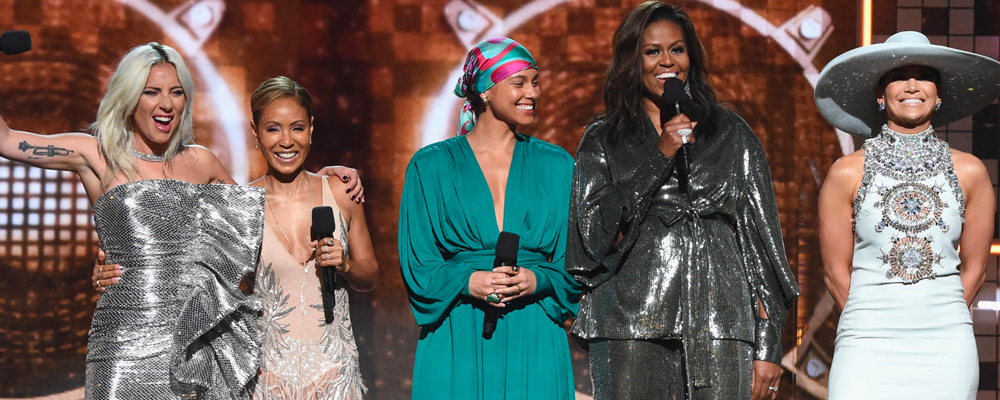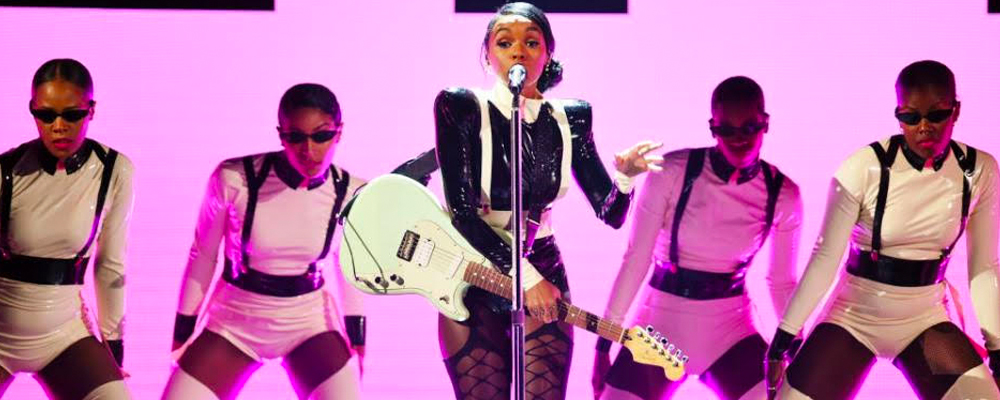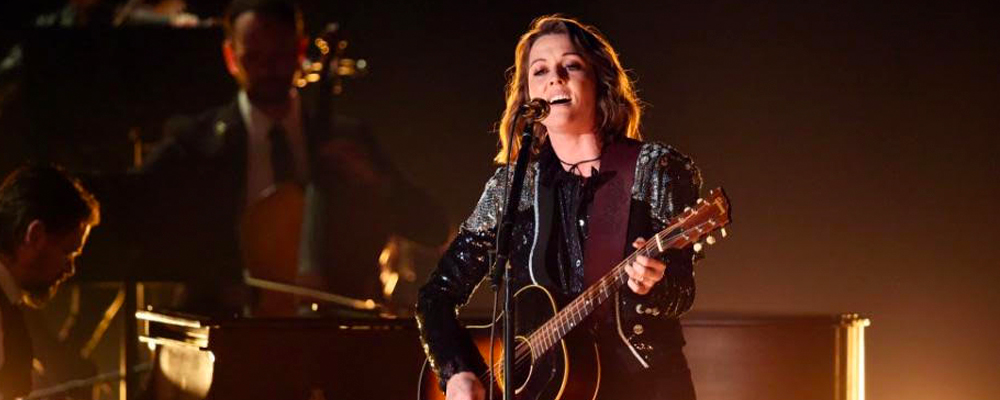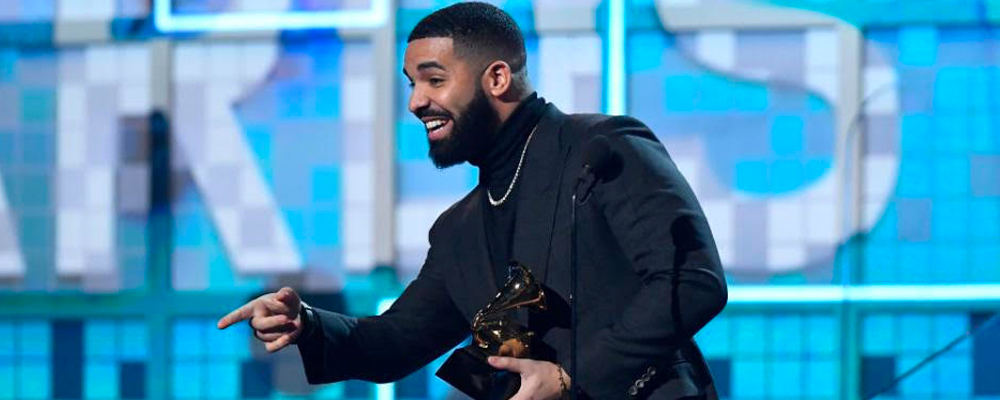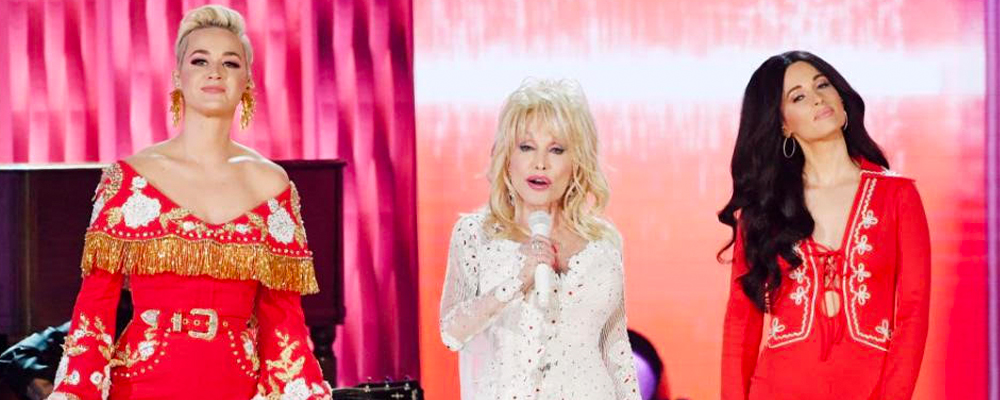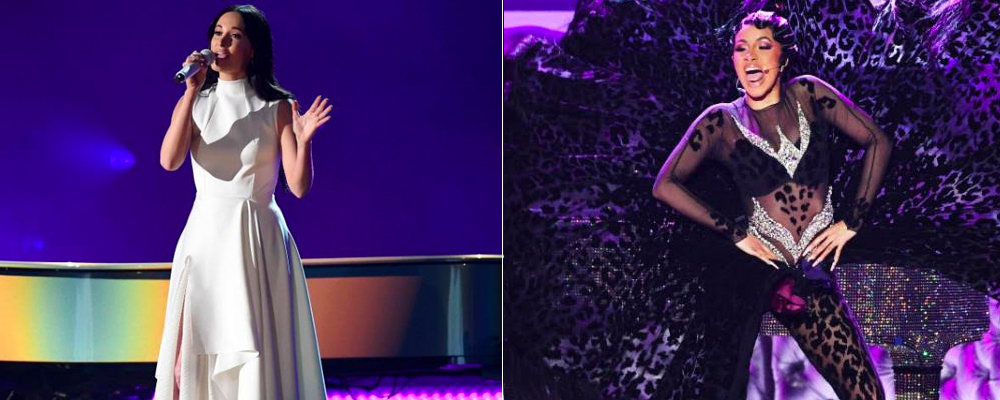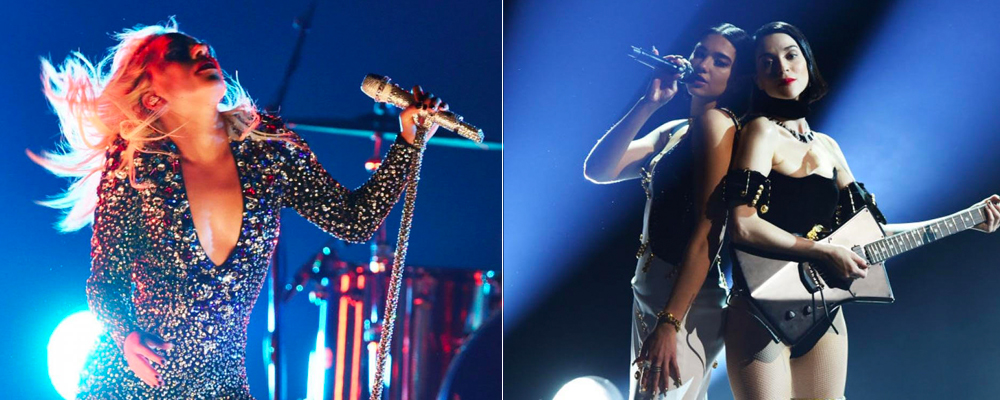2019 Grammys: The Recording Academy Strives to Embrace Women and Diversity
Adi Mehta
The Grammy Awards have long been criticized for prioritizing commercial success above critical acclaim, and neglecting influential musical styles in favor of archaic ones. In 2017, Drake, who was nominated for eight awards, declined to appear, saying he felt “alienated.” Due to the Recording Academy’s shortcomings Kendrick Lamar, who has shown up but lost repeatedly in major categories, joined Drake and Childish Gambino in turning down performance slots this year, and Ariana Grande dropped out. As a result of backlash and plummeting viewership, this year’s ceremony found the Academy ostensibly overcompensating for lapses, bestowing the highest number of nominations on Lamar and Drake. A far greater plea for validation, however, manifested in the next most-favored groups. There was an unprecedented number of young artists with relatively scant sales figures. And most notable of all was the percentage of women among them.
Each of the big four general field categories — Record of the Year, Song of the Year, Album of the Year, and Best New Artist — were dominated by women nominees. Compare this to last year’s awards, when Lorde raised an eyebrow at a category in which the only nominee denied a solo slot was the sole female nominee. Concurrently, a report revealed that women were a mere nine percent of nominees in the last six ceremonies. When confronted, Neil Portnow, president of the Recording Academy, ignorantly responded that women needed to “step up.” Since then, the Academy has set up a task force on diversity and inclusion, sought new voters, and increased the number of nominees in major categories from five to eight.
This year, the show brandished a feminine spirit from the onset, with Camila Cabello performing her megahit “Havana,” in a cross section of brightly-colored rooms. In equally bright dresses, Cabello and crew danced their way out into a festive street, where they met trumpeter Arturo Sandoval and, randomly, Ricky Martin. It was a high-energy start. Next, host Alicia Keys appeared in a head wrap and loose-fitting robe. Perhaps, the disregard for standards of attire was a jab at the Grammys’ historical lack of diversity in race and gender. In moments, Keys declared it time to “bring out my girls,” and out came Lady Gaga, Jennifer Lopez, Jada Pinkett Smith, and even Michelle Obama. Gaga spoke about doing it her way, and Obama explained, “Music has always helped me tell my story.” With the theme set by these four influential women, the show took direction.
Embodiing the irrepressible female talent permeating contemporary music, Janelle Monáe took the stage in her signature black and white garb, her iconic, androgynous aesthetic exuding confidence in both song and dance. Ever the provocateur, she exclaimed midsong, “Let the vagina have a monologue!” This year’s award show also saw the likes of Cardi B setting new records, and countless women exceeding norms across genres. Cardi won Best Rap Album for “Invasion of Privacy,” and put on a show of her own, flaunting a peacock’s plume, as dancers dipped, twerked, and struck poses atop an opulent, purple, art deco structure.
Gaga, a consummate creator of spectacles delivered as usual, performing “Shallow,” from her collaborative effort with Bradley Cooper for the “Star Is Born” soundtrack. The song won Best Pop Duo/Group Performance and Best Song Written for Visual Media. She appeared in a rhinestone-studded outfit, and was a bit histrionic, but less outlandishly theatrical than usual. What blew people away was her singing chops alongside the breathtaking, larger-than-life chorus. A similar, deceptive modesty of presence came in the pairing of St. Vincent and Dua Lipa. The sexy duo began with Vincent’s Best Rock Song-winning “Masseduction,” and then rose to a duet, in which Lipa’s sonorous voice commanded the arena. With the two singers’ melodies blending seamlessly, and their bodies intertwining in sinuous figures, it was unlike anything else.
Alicia Keys eventually took to the piano for a medley honoring popular music through the ages. Starting with ragtime classic “Maple Leaf Rag,” she ran through Roberta Flack’s “Killing Me Softly,” Juice WRLD’s “Lucid Dreams,” Nat King Cole’s “Unforgettable,” Coldplay’s “Clocks,” King of Leon’s “Use Somebody,” Ella Mai’s “Boo’d Up,” and Lauryn Hill’s “Doo-Wop,” with a running commentary about how she wished she’d written them. Realization came when she concluded with her very own “Empire State of Mind.”
Several acts honored esteemed figures and phenomena in musical history. In a star-studded Dolly Parton tribute and medley. Kacey Musgraves and Katy Perry got the crowd going with “Here You Come Again,” whereupon Parton herself, entered resplendent, and her goddaughter Miley Cyrus, who had already performed with Shawn Mendes, joined to cover “Jolene.” Taking Cyrus’ cue, Parton tackled her own cover: Neil Young’s “After the Gold Rush,” followed by “Red Shoes.” The grand finale was a grandiose rendition of “9 to 5” with lively contributions from Little Big Town. Crowd shots revealed a transfixed audience, with Korean boy band BTS among the most enthused.
A routine led by Jennifer Lopez celebrated the 16th anniversary of Motown Records. J Lo sped through spirited snippets of “Dancing in the Street,” “Please Mr. Postman,” “Money, ” and “Do You Love Me.” Legendary singer Smokey Robinson even joined her for a few lines of “My Girl,” before handing the mic to Alicia Keys for “Papa Was a Rolling Stone.” The late Donna Hathaway, best known for her collaborations with Roberta Flack, was honored with a lifetime achievement award. Sister duo Chloe x Halle led the way, singing Hathaway and Flack’s “Where Is the Love” — no gimmicks, just two ladies soaring in harmony. Diana Ross was another awarded special distinction — and who better for the job than Ross herself? Keys stuck to the night’s feminist narrative, and described Ross as a remarkable figure “in entertainment herstory,” at which point Ross’ little grandson took the stage to introduce her. In an effusive, beaming performance, Ross wished herself a happy 75th birthday, offered the mic to the crowd, and left the audience waving their hands in unison.
As usual, the ceremony included an In Memoriam montage, culminating with one of last year’s greatest losses — Aretha Franklin. On cue, Yolanda Adams, Fantasia, and Andra Day, the first two of whom performed at Franklin’s funeral, took a small stage, for a more modest, intimate feel. They covered the seminal “Natural Woman,” alternating vocal duties, and uniting in the chorus. Their impassioned, melismatic extravagance was soul music at its most unhinged.
In some respects, the biggest stars this year were the lower ranking charts performers. Brandi Carlile, a relative Grammy novice with just one prior nomination, who bluntly affirmed, “I am such a misfit,” took home best Americana album. Her performance, with a modest backing band, was the most rustic act — save for perhaps country duo Dan and Shay, whose no-frills, guitar and piano performance of “Tequila” was a refreshing change of pace. With her lyrics displayed behind her, Carlile exuded authenticity, her voice cracking poignantly at moments. During the massive, bellowing climax, you could see chills in the audience, as well as an especially enthused bout of applause from Post Malone. It’s not that surprising, considering Malone’s own set, which found him embracing his singer-songwriter proclivities, alone on a stool, with a guitar. Eventually, he reverted to his bona fide rap persona for “Rockstar,” but ended up jamming with the Red Hot Chili Peppers, led by Anthony Kiedis, now mustachioed, and helmet-haired, but still committed to losing his shirt midsong.
With hardly a third of Malone’s act constituting hip-hop, someone needed to sonically harness the unrealized urban energy — enter towering hip-hop beast Travis Scott. An elegant melodic exchange with James Blake suddenly erupted into hood pandemonium, with Scott screaming, “Tear the Club Up!” inside a cage, as hordes of spectators rushed the stage, and scaled the walls. Perhaps a statement about the border wall issue, it was, at any rate, the night’s most hype act. A more overtly political voice was R&B singer H.E.R., who performed wearing sunglasses, to retain a degree of anonymity, so that listeners kept at a distance might be forced to let her music speak for itself. In her no-nonsense style, she strummed guitar and sang, backed by jeans-wearing violinists and singers who sparred with her in call and response. For an artist whose last album didn’t have a major hit, she managed to not only land a slot, but win both best R&B Performance and Best R&B Album, upon which she confoundedly exclaimed, “It’s not even an album. It’s an EP!”
The big four awards reflected the sea change in the Grammys. Dua Lipa landed the coveted Best New Artist title, and took a jab at Neil Portnow, remarking, “I guess this year we really ‘stepped up.'” Ironically, the ensuing act was a montage of diverse, illustrious artists expressing their appreciation of Portnow. The notorious executive then took the stage, and put on a convincing performance, framing diversity as a necessity, and professing his commitment to it. Album of the Year — along with Best Country Album and Best Country Solo Performance — went to another female, alternate country starlet Kacey Musgraves, who put on an uncontrived performance, devoid of any superstar posturing. Unlike H.E.R., whose aversion to glitz and grandeur can somewhat alienate, Musgraves captured the audience with the charming disregard that betrays a rare artistic integrity. When she won, she appeared in utter disbelief, and spoke with humility and gratitude.
The other two marquee distinctions, Record of the Year and Song of the Year, both went to Childish Gambino for his timely, socially conscious outcry “This Is America.” Donald Glover (Gambino) however, was not in attendance. One might reasonably infer, in the indignation of his winning song, a tacit rebuttal to institutions like the Grammys — symbols of exclusivity and obsolescence. Perhaps, the Recording Academy is hoping this year’s awards will persuade him and others to rethink things. After all, the Academy seems to have done so. Drake actually showed up this time, and serendipitously wound up winning Best Rap Song for “God’s Plan.” In his acceptance speech, he expressed surprise at the acknowledgment. Although he professed his gratitude, he also made sure to qualify his documented aversion to the ceremony. He politely reminded fans that, unlike sports, which have objective winners and losers, the Grammys are “opinion-based,” and that a Gramophone is perhaps flattering, but unnecessary, because once you’ve produced abundant, quality content, and cultivated a dedicated fanbase, “you’ve already won.”
The 61st Annual Grammy Awards took place on Feb. 10 at the Staples Center in Los Angeles, CA and aired on CBS.

